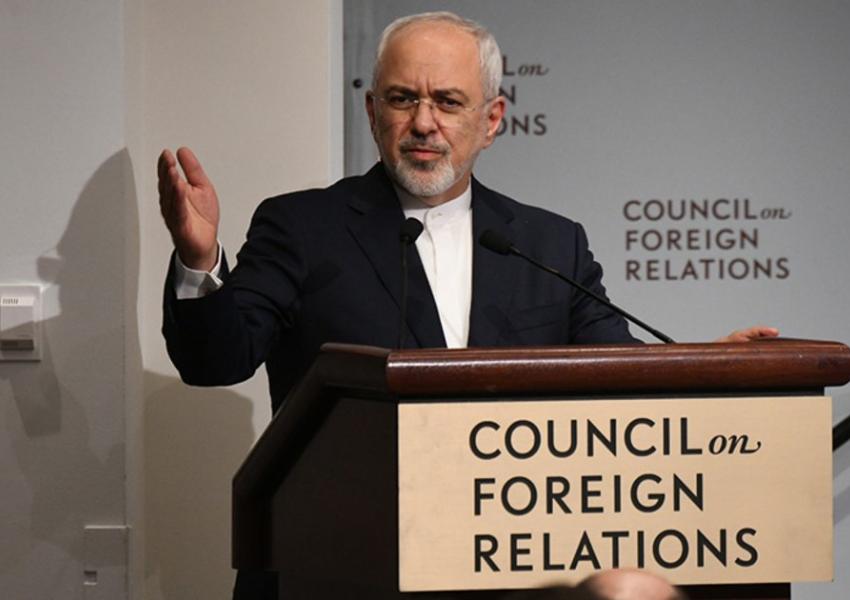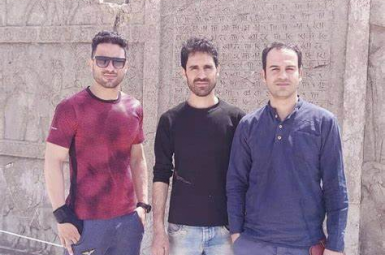
Zarif Falsely Claims Navid Afkari’s Execution Was Unrelated to Protests
At a virtual appearance at Council on Foreign Relations, the Foreign Minister of the Islamic Republic of Iran Mohammad Javad Zarif claimed that the execution of a young wrestler Navid Afkari this month had nothing to do with his participation in protests.
“As you know, we have an independent Judiciary, and the government is not involved in court decisions,” Zarif also claimed.
He also said Tehran is ready to exchange all prisoners with the US.
Iranian political activists have regularly pointed out that every time when Iranian diplomats are asked about executions, torture and mistreatment of prisoners, they try to argue that the Judiciary in Iran is independent. However, they also bring up the issue of possible prisoner exchanges with the West, while detainees and control of prisons are under the jurisdiction of the Judiciary according to the Islamic Republic laws.
Contrary to Zarif’s claim, Navid Afkari initially received a death sentence for an “act of war against God” for his participation in protests, but in order to avoid a public backlash, he was also charged with the murder of a government employee along with his brothers and therefore received two death sentences, one for protests, and one for the alleged murder.
Afkari was arrested during the 2018 countrywide protests in Iran which began with protests against the terrible economic conditions in the country and quickly turned into an anti-regime uprising in many cities across the country.
Thousands of Iranian launched a Twitter campaign to save his life in the days preceding his execution, but the government carried it out in apparent haste. The social media condemnations continued and many human rights groups, athletic organizations and foreign government officials criticized the execution.
According to German media, a trip Zarif had planned to European capitals was cancelled by Germany last week because of the execution,
Afkari's attorney and many legal experts have repeatedly stated that the judiciary had no evidence to convict Navid for the murder, except for his confession which was taken under torture. Navid Afkari released a recorded file from prison in which he explained the severity of the tortures he suffered.
According to Navid Afkari’s family, when they received his body it was wrapped in a cloth and they were not allowed to see the body, but his face showed signs of battery, and his nose was broken.
The Council on Foreign Relations was publicly criticized by many in the Iranian-American community and many officials in the Trump administration for inviting Zarif, who is referred to by the Trump administration as Iran’s chief apologist, to speak so soon after the execution of Navid Afkari.








